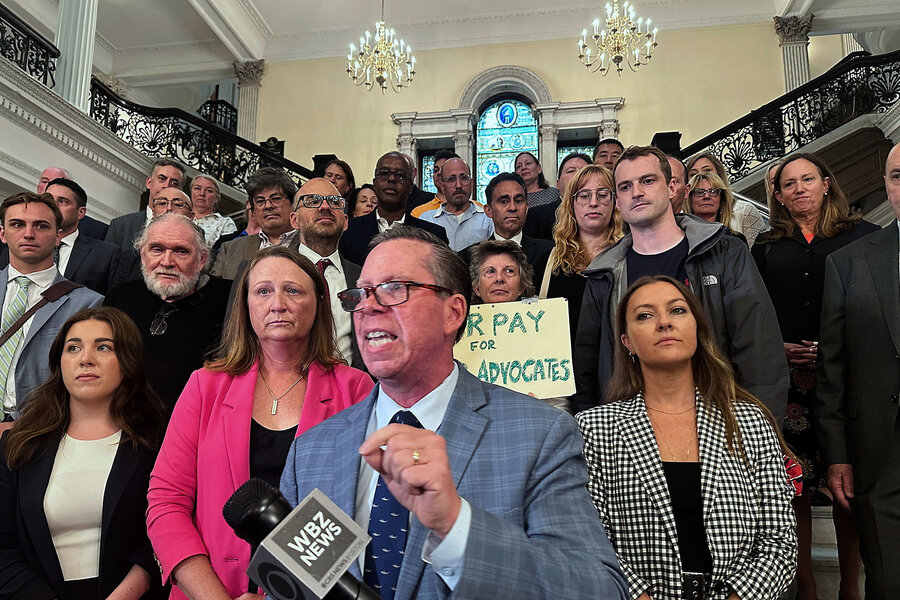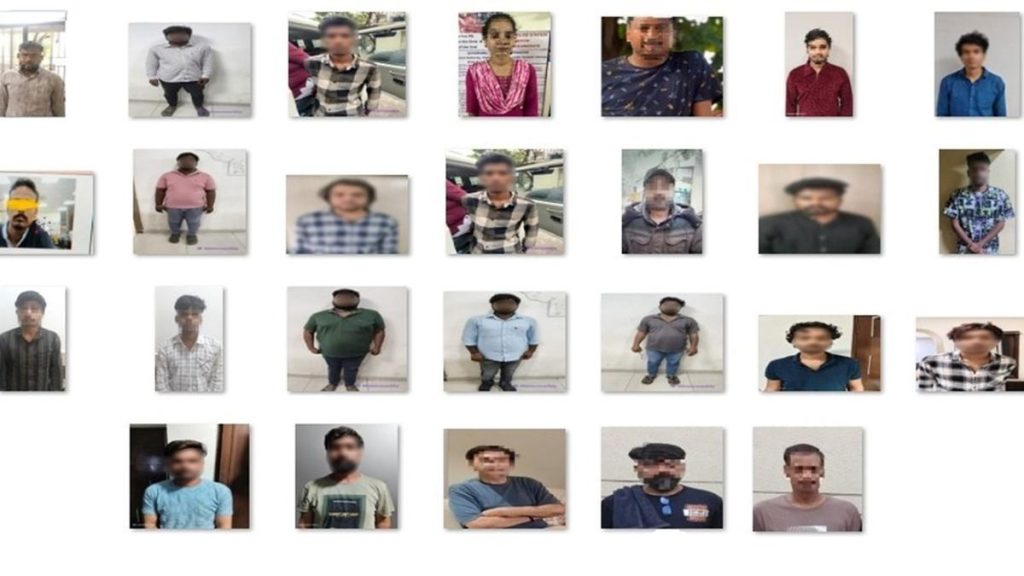Now Reading: Massachusetts Lawyers Strike Raises Sixth Amendment Concerns
-
01
Massachusetts Lawyers Strike Raises Sixth Amendment Concerns
Massachusetts Lawyers Strike Raises Sixth Amendment Concerns

Fast Summary
- Massachusetts is facing a constitutional crisis due to a work stoppage by bar advocates (private attorneys providing indigent defense) demanding higher wages.
- Bar advocates handle about 80% of indigent criminal cases in Massachusetts – the highest dependency on private lawyers among U.S. states.
- Since May, over 100 cases, including violent offenses, have been dropped due to lack of legal representation, and more than 6,100 defendants remain unrepresented in district and municipal courts.
- Following pressure from advocacy groups, lawmakers approved pay raises-from $65/hour to $75/hour-starting August and pledged to hire 320 new public defenders. However, many bar advocates feel this is insufficient and continue the work stoppage.
- Critics argue that heavy reliance on underpaid private lawyers threatens quality representation for defendants and challenges the state’s ability to meet Sixth Amendment obligations.
- Comparable indigent defense crises are emerging in other states like Oregon and Maine. Some are transitioning towards hybrid models with expanded roles for full-time public defenders.
Indian Opinion Analysis
The ongoing situation highlights systemic vulnerabilities in relying heavily on private legal practitioners for upholding constitutional rights such as indigent defense.While Massachusetts has acted relatively quickly with raises and hiring initiatives compared to other states like Oregon or Maine, the deeper issue persists-can such structures provide sustainable quality service? India’s own increasing case backlogs could draw lessons from this crisis about balancing reliance on publicly funded versus outsourced judicial services.
An essential takeaway might be how structural inefficiencies or inadequate compensation can jeopardize trust not only in judicial processes but democratic guarantees enshrined within constitutional frameworks. As India continues addressing it’s judicial infrastructure gaps (e.g., filling vacancies of judges or public prosecutors), robust institutional autonomy paired with adequate resource allocation will be key pillars ensuring fairness under law.

























